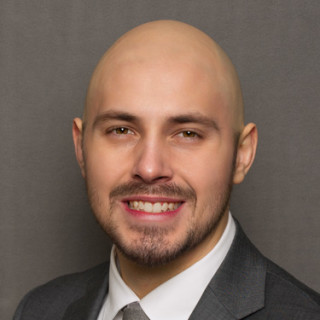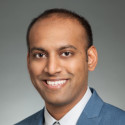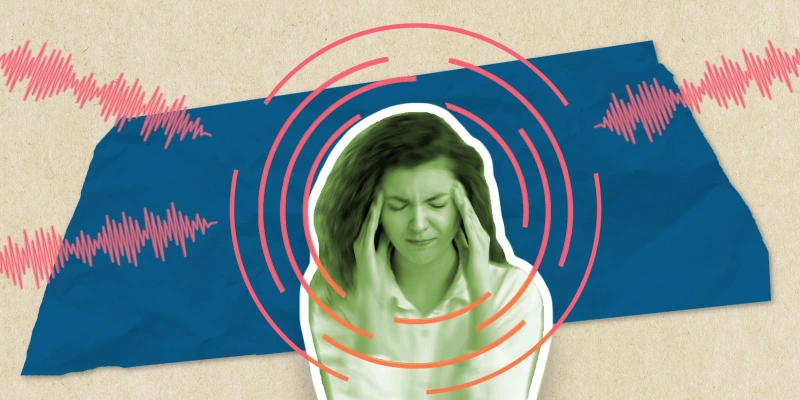In 1983, the late great college football coach Bo Schembechler once told his Michigan Wolverines team that if they wanted to win the Big Ten championship, they would have to do so as a team because no one player or coach is greater than the team (i.e., “The Team, The Team, The Team”). I played football growing up, but after transitioning my career from sports to medicine, I have found the mindset of “the team” to be just as vital in the success of the latter as it is for the former. Let me explain.
Although residency training is not quite the same as it is in football (or any sport), both endeavors require dedication, time investment, self-sacrifice, perseverance, determination, and passion to achieve success. As a football player, I remember spending countless summer days waking up early (barely being able to get out of bed from pure exhaustion), enduring countless hours of rigorous morning conditioning, mowing lawns underneath the blazing afternoon sun, and then continuing workouts again at night while operating on pure adrenaline. Day in and day out our wills were tested in the “House of Pain” (as our trainer, mentor, and – to me – father figure Dr. D.S. “Doc” Ping had called it) just to prepare for our upcoming football seasons. But while the training was fierce, we faced it together and learned how to “love the grind” (as is often enthusiastically said in sports training).
Residency also has its physically, emotionally, and spiritually taxing days, and as residents, we must have “grit” to reach our long-term goals of becoming competent, board-certified, independently practicing physicians. Early in my pathology training, our residency (like many other programs) hosted a two-month-long “boot camp” to help get myself and my fellow first-year residents adjusted to the workflow of our anatomic pathology department. Particularly, we learned how to triage clinical autopsies with our faculty pathologists (e.g., gathering pertinent history, performing dissections, synthesizing diagnostic reports) and grossly evaluate surgical pathology specimens (i.e., “grossing” or macroscopic examination). The days were long and tiring as there was seemingly no end in sight with the number or complexity of specimens that came our way (autopsies included). We had no choice but to learn how to be comfortable working alongside each other and gain each other’s trust quickly. Otherwise, we would have provided sub-optimal patient care services, and this is not the first impression any new resident wants to give his or her program. However, we came out on top after our boot camp, but we were only able to do so because we learned how to work well together (with each other and the rest of the program) every step of the way. Thus, as it is in sports, a critical factor in the success of any one resident is the success of their residency as a whole.
Teamwork is vital in all aspects of medicine. In medical school, we learn how to be part of the health care team and gain exposure to different aspects of patient care, such as ambulatory practice, internal medicine, and surgery. But it is not until residency that the medicolegal responsibility of patient care starts falling on us (with oversight from our attendings, of course). This responsibility may be daunting to handle and can feel like the weight of the world, especially for early-career residents. However, this weight can be greatly alleviated when training in a residency that has a culture of teamwork, support, and encouragement. As is chanted during football (soccer) games in Liverpool in the U.K., the mantra “you’ll never walk alone” should be embodied in residencies with this team-based framework.
As we enter an unprecedented time in health care, I encourage prospective applicants and current residents to view residency – and the residents they train with – as a team-based effort (i.e., a residency team). Times have greatly changed, whether for better or worse (hopefully the former). Perspectives on medical education and clinical practice are evolving with younger generations of physicians (including myself). These perspectives are often different from those of many of our older colleagues, and this is due to multiple factors like advancements in technology and viewpoints toward the health consequences of lengthy workweek hours. Digital learning, telehealth, and wellness activities are only some of the newer-generation initiatives that have been steadily integrated into residencies to improve life-work balance and modernize the practice of medicine given the rising time, cost, and health care workforce shortage constraints.
Regardless of generational changes or differing perspectives, two things are for certain: 1) residents in any residency need each other to thrive and 2) there is no substitute for hard, honest work. Newer generations of physicians – and their ideals/beliefs – are here to stay, but increasingly cumbersome administrative burdens or unnecessary meetings, unreasonable or non-educational work hours or duties expectations, and decreased pay after adjusting for inflation continue to challenge current residents’ abilities to balance their personal and professional lives. We all have busy lives in medicine, especially during residency. But amid this business, there must be an emphasis on creating a residency culture where residents feel well-compensated for their duties, are sufficiently supported in their personal and educational obligations, and have flexibility in their day-to-day and weekend routines. Most importantly, residencies must focus on recruiting applicants and retaining residents who will work hard and are excellent team members whom others will appreciate spending time with.
These individuals are good people with welcoming personalities and resilient cognitive traits, which cannot always be predicted by traditional metrics like exam scores. Although no strong empirical evidence currently exists that captures the impact of physicians’ personalities and interpersonal behaviors on patient care delivery, it is not unreasonable to believe that residents who are more positive and supportive can enhance a program’s or organization’s climate. This relationship is not necessarily linear, however, and too much positivity can be detrimental to a team’s collaborative growth (i.e., “toxic positivity”). We must empower residents to not be afraid to take charge and be leaders, even early in their careers. Though more studies are needed, recent literature suggests an inverse relationship between research productivity and leadership capability. Unfortunately, this is contradictory to current recruitment practices, as approximately half of residency program directors (41.0-53.9%) view research as an important factor in offering interviews to applicants, especially in competitive specialties. While objective measurables like research and exam scores are important indicators of medical competency, they do not necessarily predict an applicant’s capability to succeed in residency and be a person that other residents and faculty will want to work alongside for many hours each week.
Thus, we need to look for applicants with the intangibles needed to operate successfully in a team, like receptiveness to feedback, time management, performance under stress, and previous positive teamwork experiences, not just applicants with good board scores or lots of publications. We do not need residents who bring others down, but instead build each other up. We need teams with residents who genuinely enjoy spending time with one another because familiarity with teammates’ attitudes, beliefs, and backgrounds is essential in improving the trust, culture, and success of any team in any setting, whether in-person or virtually. Residency is no different.
Paying tribute to Coach Schembechler, then, if we want to create successful residency cultures moving forward in this post-COVID-19 world, we need residents who carry the mindset of “The Team, The Team, The Residency Team.”
Who is on your team? Shout them out in the comments.
Casey Schukow, DO, is a first-year pathology resident at Corewell Health’s Beaumont Hospital in Royal Oak, Michigan. Dr. Schukow can be followed on social media through his KiKo page. Dr. Schukow is an ambassador for KiKo (Knowledge In Knowledge Out) but he does not receive financial compensation for this position.
Image by GoodStudio / Shutterstock







